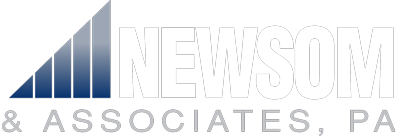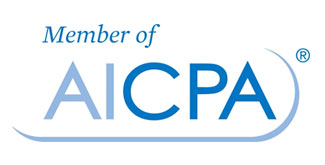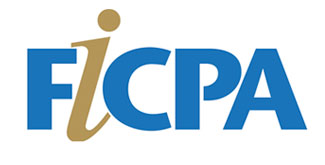Beginning July 1, 2023, there is a new law in Florida will require private employers with at least 25 employees to use E-Verify (the digital immigration verification tool) during their onboarding process.
Florida Senate Bill 1718 was signed into law in early May 2023. This new law will increase penalties for noncompliance and for employers that knowingly hire undocumented workers.
All employers are required to complete the I-9 form within three days of a new hire’s start date to verify identity and ensure employment authorization in the United States for every employee.
E-Verify is an online tool that is operated by the U.S. Department of Homeland Security and allows employers to electronically verify employment eligibility for their new hires. E-Verify utilizes information available to the Social Security Administration and Department of Homeland Security to confirm records and identity. If the records do not match, the system will notify with a mismatched result. You must give the notice to the employee, who then has 10 days from the issuance of the mismatch to notify you whether they will resolve the mismatch. If the employee cannot resolve the mismatch, they are no longer eligible to continue employment.
E-Verify system is mandatory in Florida for public employers and private employers contracting with state and local governments or receiving state incentive dollars. The new law expanded that requirement to all private employers with at least 25 employees.
Employers that want to enroll in E-Verify can do so by visiting the official website currently at e-verify.gov. In addition to completing the Form I-9, Private Employers (as defined by the statutes) with 25 or more employees must utilize the E-Verify system for all new employees hired on or after July 1, 2023.
If employers use the E-Verify system in good faith, whether use is mandatory or voluntary, the government will presume they have not knowingly hired unauthorized workers. Employers that use the E-Verify system establish a rebuttable presumption that they have not knowingly employed an unauthorized worker.
The employer must retain a copy of all documentation, as well as any official verification generated, for at least three years. Each employer that is required to use the E-Verify system must certify compliance on its first return when making contributions to or reimbursing the state’s unemployment compensation or reemployment assistance system on Form RT-6. An employer that voluntarily uses the E-Verify system may make such a certification on its first return each calendar year in order to document such use.
In closing, we recommend reviewing your company’s onboarding process to make sure employers are completing and retaining all I-9 in employee files and, if necessary or required, completing and retaining the E-Verify confirmation reports for all employees.


